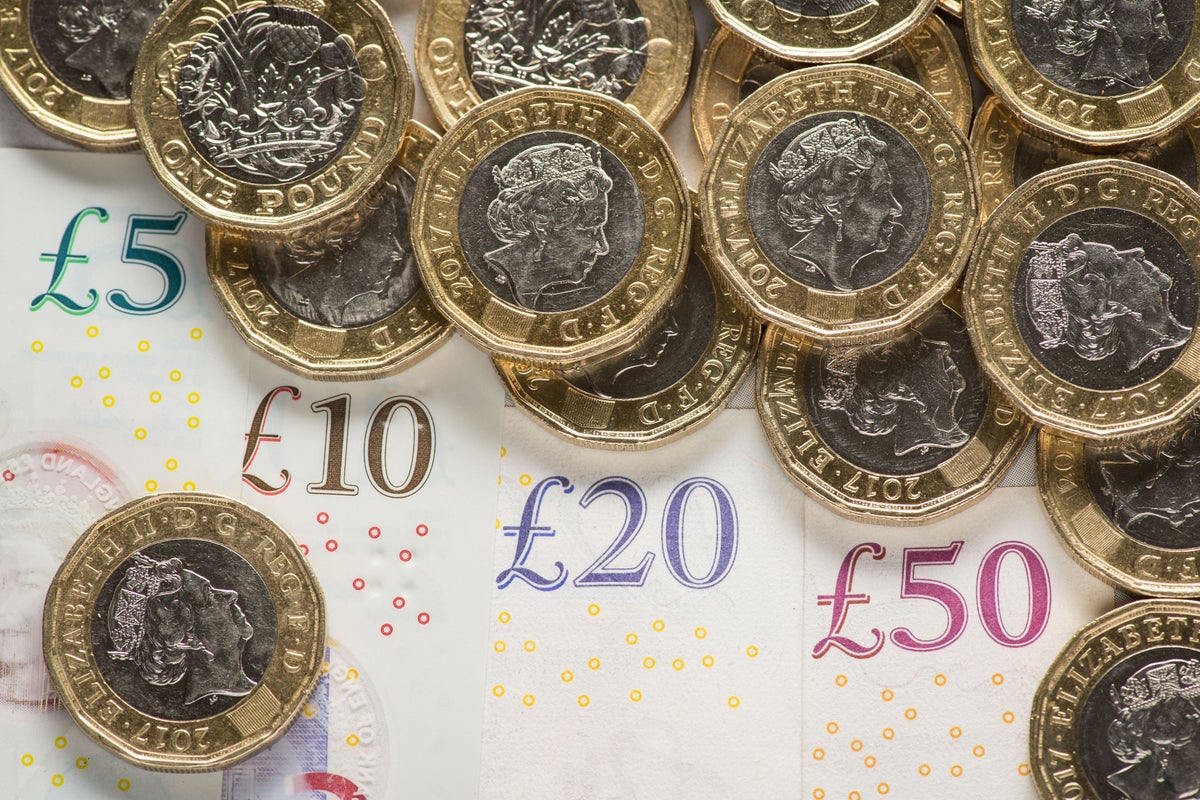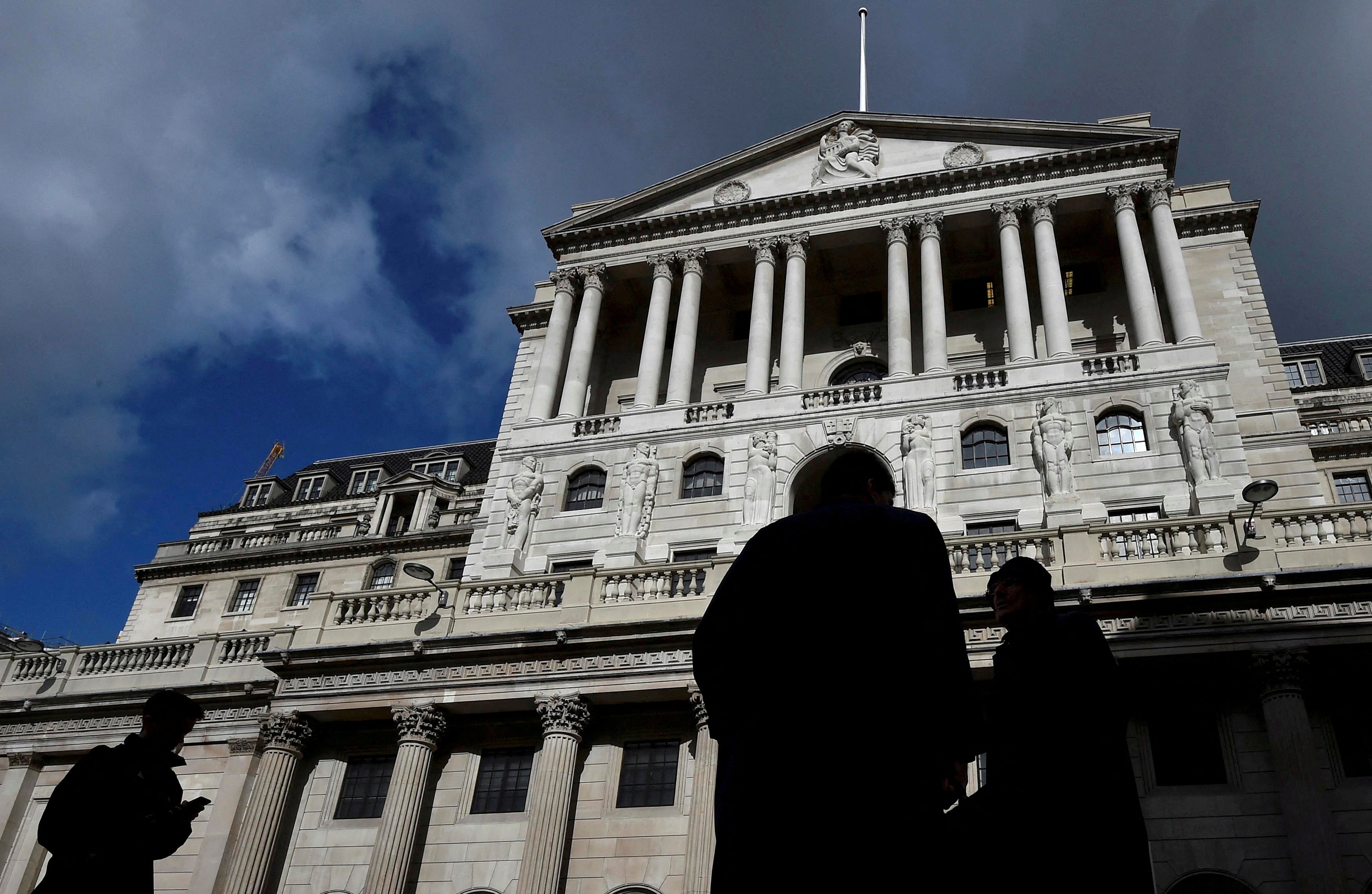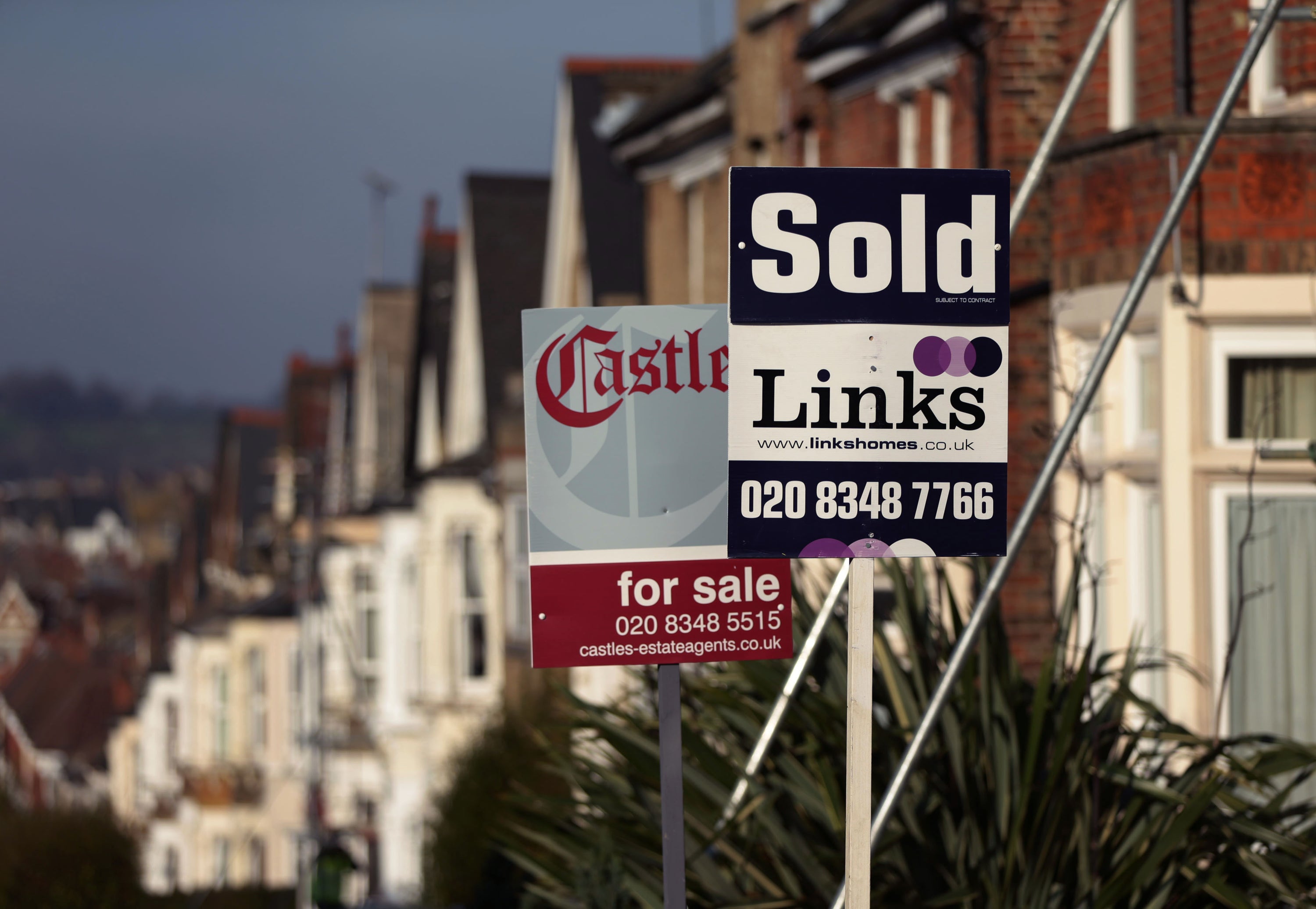
The pound continues to retreat despite the Bank of England’s emergency measures to calm the market.
Sterling was trading at $1.073 at 4pm, up from $1.066 at 2pm as the pound recovers from a record low against the dollar of $1.03 as spooked markets react to Kwasi Kwarteng’s tax-cutting mini-Budget.
The Bank of England was forced to intervene announcing that it will buy government bonds in an attempt to calm markets. The central bank said it wanted to stave off a “material risk to UK financial stability.”
It comes after the International Monetary Fund hit out at Liz Truss and Kwasi Kwarteng’s tax cuts for the rich, warning that “large and untargeted fiscal packages” would “likely increase inequality” in Britain.
In its rare intervention, the IMF took aim at the government after the chancellor’s mini-Budget on Friday caused sterling and bonds to plummet and gilt yields to soar, reflecting the cost of borrowing.
The FTSE 100 Index also fell sharply after opening on Wednesday, falling more than 2 per cent at one stage – down nearly 140 points at 6846.4 – and appearing to head for its lowest level for more than a year.
The market turmoil started after investors were spooked by Mr Kwarteng’s plan to offer tax cuts to the richest while increasing state expenditure dramatically.
“Given elevated inflation pressures in many countries, including the UK, we do not recommend large and untargeted fiscal packages at this juncture, as it is important that fiscal policy does not work at cross purposes to monetary policy,” an IMF spokesperson said.
Mr Kwarteng is now stepping up efforts to reassure the City about his economic plans amid the criticism and the Bank of England signalling a sharp interest rate rise could be on the way.
The chancellor met investment banks on Wednesday following days of turmoil in the market. He has so far insisted he was “confident” his tax-cutting strategy will deliver the promised economic growth.
In response to the criticism, a Treasury spokeswoman said: “We have acted at speed to protect households and businesses through this winter and the next, following the unprecedented energy price rise caused by (Vladimir) Putin's illegal actions in Ukraine.”

The government was “focused on growing the economy to raise living standards for everyone” and the chancellor's statement on 23 November “will set out further details on the government's fiscal rules, including ensuring that debt falls as a share of GDP (gross domestic product) in the medium term.”
Labour leader Sir Keir Starmer said the International Monetary Fund (IMF) rebuke should not be ignored and Mr Kwarteng should change course.
He told LBC Radio: “I think the IMF statement is very serious, and it shows just what a mess the government have made of the economy and it’s self-inflicted.
“This was a step they didn’t have to take. Quite often when the markets are jittery, when the pound falls, it’s because of some international event – conflict in Ukraine, a cost-of-living crisis, energy crisis. This is self-inflicted by the government.”

Britain could find itself in “the perfect storm” if the Bank of England continues to raise interest rates, said Tory grandee Sir Roger Gale – warning of a potential economic crash ahead.
“If that [interest rate rise] happens, then we could have the perfect storm,” he told Good Morning Britain. “I’m sadly old enough to remember the last financial crash when people were coming into my surgery in tears because they were losing homes and businesses.”
Sir Keir, who said his own variable rate mortgage has gone up by a few hundred pounds, added: “So many people with mortgages will be really worried by what’s going on because they know what this means for their budgets – prices are going up.
“We all look at the graph and we see the pound falling, but it’s not an abstract graph. This is reflected in people’s mortgages, etc.
“And people are very, very worried this morning.”

Shadow chancellor Rachel Reeves said: “The government must urgently lay out how it will fix the problems it created through its reckless decisions to waste money in an untargeted cut in the top rate of tax.
“Waiting until November is not an option. The government must urgently review the plans made in their fiscal statement last week.”
Former US Treasury Secretary Larry Summers told Newsnight that Britain was facing a “very ominous” combination of factors.
“I can't in all honesty remember a time when a set of policy announcements from a G7 country elicited so negative a response both from markets and from economic experts,” he said.
“The combination that Britain is facing is very ominous. I think that the kind of warning that Britain received from the IMF today is a kind of warning that comes much more frequently to emerging markets with new governments, than to a country like Britain.”
Mr Summers added that the response from markets and the IMF is the result of a “number of unforced errors” from UK.
Susannah Streeter, senior investment and markets analyst at Hargreaves Lansdown, said the UK risks losing its status as a developed country.
“It’s now not only wracked with trade disruptions, an energy crisis and soaring inflation, but it’s also being closely monitored by the international body known as the world’s lender of last resort,” Ms Streeter said.






